
PUMPA - SMART LEARNING
எங்கள் ஆசிரியர்களுடன் 1-ஆன்-1 ஆலோசனை நேரத்தைப் பெறுங்கள். டாப்பர் ஆவதற்கு நாங்கள் பயிற்சி அளிப்போம்
Book Free DemoIt is a natural fertiliser containing large amounts of organic matter. It is prepared from the decomposition of animal excreta and plant waste. Manure supplies a small quantity of nutrients to the soil.
Manure is classified into:
- Compost and vermicompost
- Green manure
Compost and vermicompost:
Composting is a process in which farm waste materials like animal excreta (cow dung), vegetable wastes, animal refuse, domestic wastes, sewage wastes, eradicated weeds, and straw are decomposed in the pits.
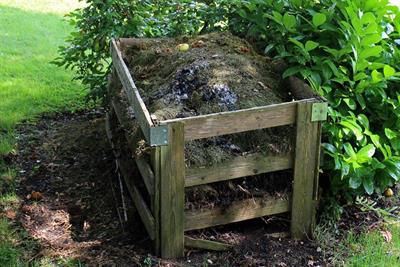
Composting
When compost is prepared using earthworms to increase the speed of the decomposition process, it is called vermicomposting.
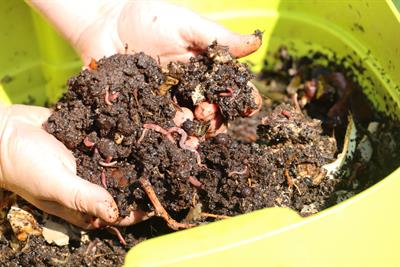
Vermicomposting
Green manure:
Plants like sun hemp (Crotalaria juncea) or guar are cultivated, grown, and mulched by ploughing into the soil before sowing the main crop seed. The sun hemp thus turns into green manure that enriches the nitrogen and phosphorous content in the soil.
This helps to improve aeration and the crumb structure of the soil. Other examples of green manure crops are cluster beans, cowpea, sesbania aculeata, and sesbania rostrate.
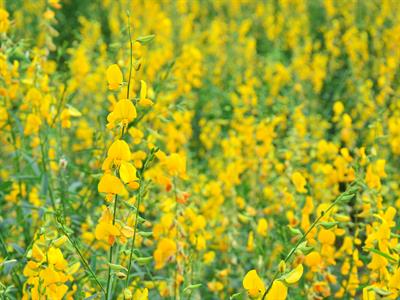
Sun hemp (Crotalaria juncea)
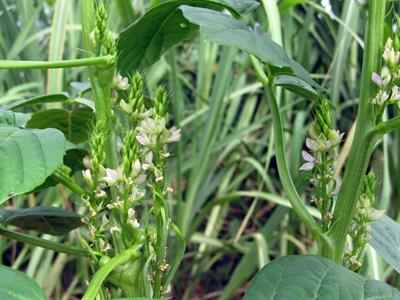
Cluster bean
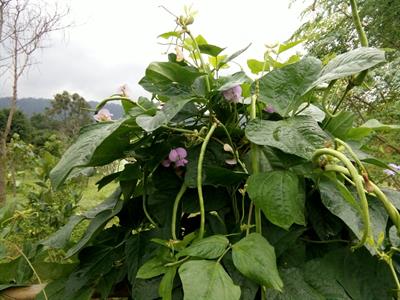
Cowpea
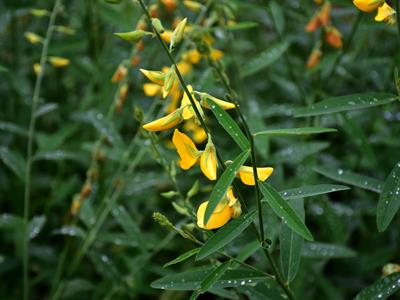
Sesbania aculeata
Advantages of manure:
- It helps to enrich the soil with nutrients and organic matter.
- It increases soil fertility and decreases the harmful effects of pesticides in soil.
- It helps to improve the soil structure by increasing the water holding capacity in sandy soils. In clayey soils, large amounts of organic matter help in drainage and in avoiding waterlogging.
- By using biological waste material (manure), we can protect the environment from excessive use of fertilisers.
- It aids in the recycling of farm waste.